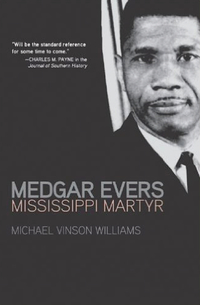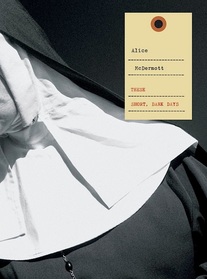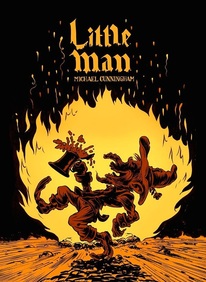A WRITER'S WIT |
Deception Kills Slowly
 Peter Funch | Eva Black
Peter Funch | Eva Black Photography by Peter Funch
Hand Lettering by Eva Black

Date of Original Post:
11/13/14 — Introduction to My Long-Playing Records
11/20/14 — "My Long-Playing Records" — The Story
11/27/14 — "A Certain Kind of Mischief"
12/04/14 — "Ghost Riders"
12/11/14 — "The Best Mud"
12/18/14 — "Handy to Some"
12/25/14 — "Blight"
01/01/15 — "A Gambler's Debt"
01/09/15 — "Tales of the Millerettes"
01/15/15 — "Men at Sea"
01/22/15 — "Basketball Is Not a Drug"
01/29/15 — "Engineer"
02/05/15 — "Snarked"
02/12/15 — "Killing Lorenzo"
02/19/15 — "The Age I Am Now"
02/26/15 — "Bathed in Pink"
03/12/15 — "A Certain Kind of Mischief"
03/26/15 — "The Best Mud"
04/02/15 — "Handy to Some"
04/09/15 — "Tales of the Millerettes"
04/16/15 — "Men at Sea"
04/23/15 — "My Long-Playing Records"
04/30/15 — "Basketball Is Not a Drug"
05/07/15 — "Snarked"
05/21/15 — "Killing Lorenzo"
05/28/15 — "Bathed in Pink"
Also available on iTunes. Watch for more podcasts!












 RSS Feed
RSS Feed